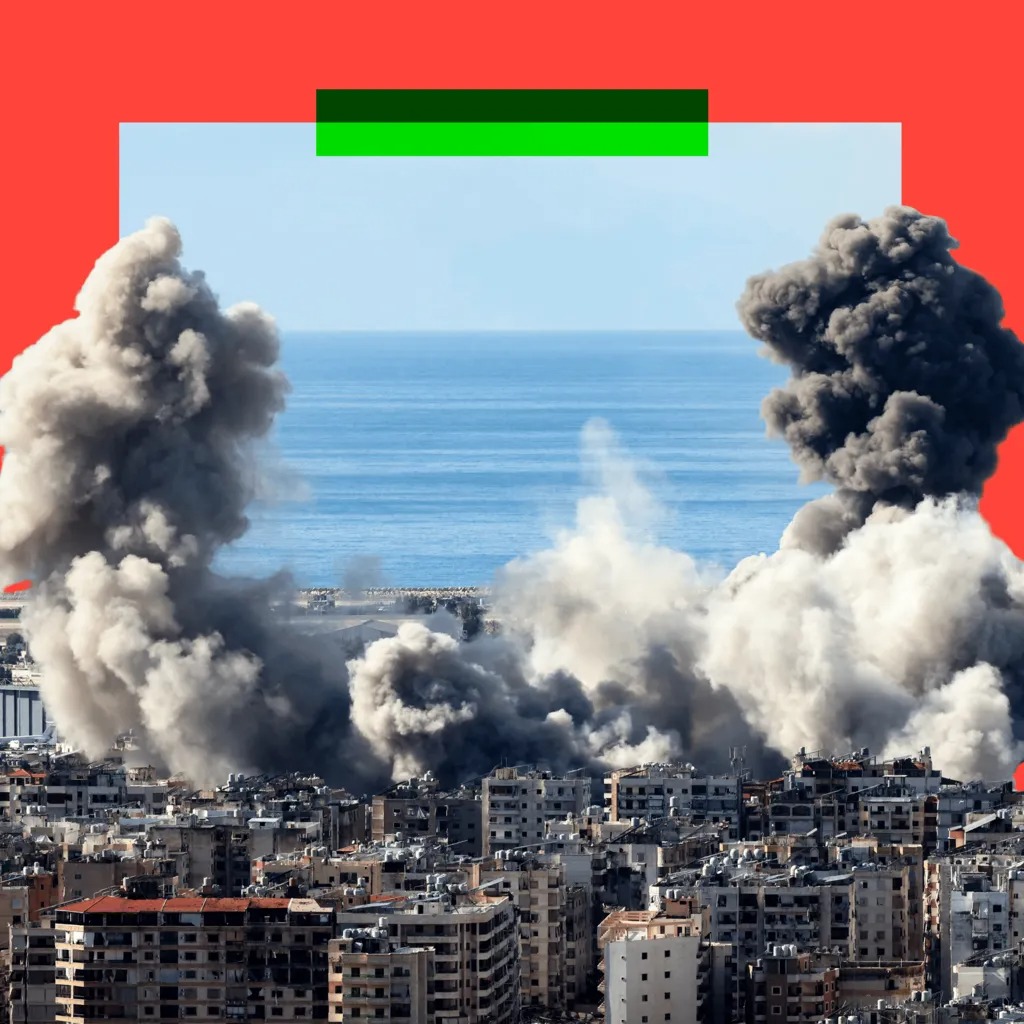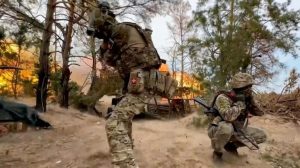
A Fragile Lebanon Ceasefire Amid Ongoing Tensions
The recent ceasefire in Lebanon has provided a much-needed pause in hostilities. After weeks of conflict that displaced over one million Lebanese and caused thousands of casualties, many civilians are returning to their damaged homes. However, the Lebanon ceasefire Middle East analysts agree, is fragile and far from addressing the deep-seated tensions in the region.
Israel’s Objectives and the Fragility of Peace
Israel’s military operations in Lebanon have aimed to push Hezbollah back from its northern border while inflicting significant damage on the group’s military infrastructure. Israeli Prime Minister Benjamin Netanyahu emphasized that the ceasefire provides an opportunity for forces to regroup and supplies to replenish. However, critics within Israel question whether the truce will hold or if Hezbollah remains a persistent threat.
Hezbollah, Iran, and the Broader Geopolitical Implications
Hezbollah, significantly weakened by Israel’s operations, reportedly requires time to recover. Its backers in Iran also view the ceasefire as a chance to halt further losses to their “axis of resistance.” However, the events leading to the ceasefire underscore the complex geopolitical web involving Israel, Lebanon, and Iran, with deep ramifications for the region.
A Temporary Solution, Not a Permanent Fix
Experts agree that the Lebanon ceasefire offers only a temporary respite. The broader Israeli-Palestinian conflict remains unresolved, and tensions in Gaza and the West Bank continue to escalate. Political solutions addressing these long-standing issues are necessary to prevent further cycles of violence in the Middle East.
For detailed analysis, visit BBC News.
Read more insights on the region at Eurasia Sports.





